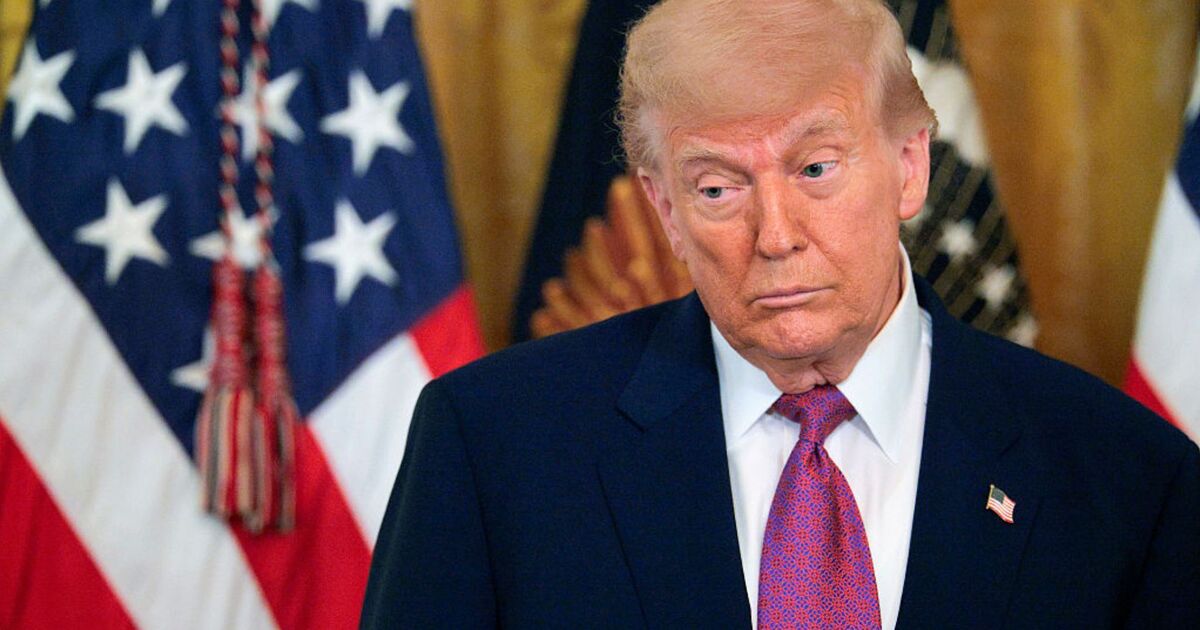Well, will he or won’t he? US President Donald Trump’s early exit from the G7 summit in Canada and his subsequent convening of his National Security Council in the White House on his return certainly got the world’s attention. Did he go home to order US military assets to join Israel’s attacks on Iran? He won’t answer the direct question, but states that he is seeking “something better than a ceasefire” and “an end to the conflict” started the rumour mills rumbling. Trump has subsequently called for Iran’s “unconditional surrender”, and when asked whether he will order US attacks on the Tehran regime replied “I may do it, I may not do it”. He and the USA have adopted a position of strategic ambiguity.
However, it’s difficult to not see the signs of the storm clouds gathering. US B2 Spirit bombers, the only aircraft capable of delivering the bunker-busting ordnance need to penetrate Iran’s underground nuclear infrastructure, were moved recently to Diego Garcia in the Indian Ocean, placing them well within range of Iran.
As many as 32 aerial refuelling tanker aircraft, necessary for any sustained attack from the air, have been moved across the Atlantic to US European and Middle East bases. And the nuclear-powered USS Nimitz and its task group have been ordered from the Indo-Pacific to join its sister carrier the USS Carl Vinson and its accompanying vessels in the Persian Gulf, effectively doubling US carrier-borne air power in the region.
Let’s be blunt. Trump is a loose cannon on the international stage. He has a long track record of saying one thing and doing quite the opposite. One day he’s calling for restraint, the next he’s mulling airstrikes.
On Iran, he’s veered wildly — first tearing up the nuclear deal, then floating the idea of direct talks, then authorising the assassination of General Soleimani, and now reportedly itching for another confrontation. The pattern is familiar: tariffs on, tariffs off; borders closed, then open; allies praised, then insulted. This is not strategy. It’s government by whim.
For Britain, the United States becomes not just unpredictable — but unreliable. And in a crisis like the one now unfolding in the Middle East, that unreliability is dangerous. We cannot plan or coordinate meaningfully with an administration that changes its viewpoint from day to day.
Our armed forces, deployed across the region, are placed in greater peril not just by Iranian missiles, but by the risk of being caught in the backdraft of Trump’s theatrical impulsiveness.
For too long, British foreign policy has operated on the assumption that the “special relationship” with the US is sacrosanct. That we share interests, values, and above all, strategic reliability. That may have been true in the Cold War, although many Americans do not recognise it, but no longer.
The debate now revolves around when, not if, the USA becomes directly involved in the attacks against Iran, as it surely will, whether Britain should join the party. There are arguments both for and against, but my view is that the risks for the UK outweigh any potential benefits.
And to be honest there’s not much Britain can bring to the table anyway; the Americans and Israelis have all that they need already to complete the task.
Sadly, though, the new reality is this: America under Trump cannot be counted on. And with NATO increasingly strained, undermined from within by a US president who once called it “obsolete” and muses openly about leaving it altogether, we have to recognise that the solid bedrock of Western security for the past 75 years is beginning to crack.
Britain now needs to pivot towards a deeper security and diplomatic relationship with its European allies. France, Germany, the Nordics — these are the partners we must now engage with more seriously.
Not just because they are close, but because they are stable. They offer predictability, maturity, and in this moment, clarity. Britain can and should play a leadership role in a more integrated European security posture, one that does not rely on Washington’s mood swings.
Trump’s bluster may dominate headlines, but Britain needs calm heads, steady hands, and dependable partnerships. The age of unthinking Atlanticism is over. The sooner we accept that, the better prepared we’ll be for what comes next.
Lt Col Stuart Crawford is a political and defence commentator and former army officer. Sign up for his podcasts and newsletters at www.DefenceReview.uk


